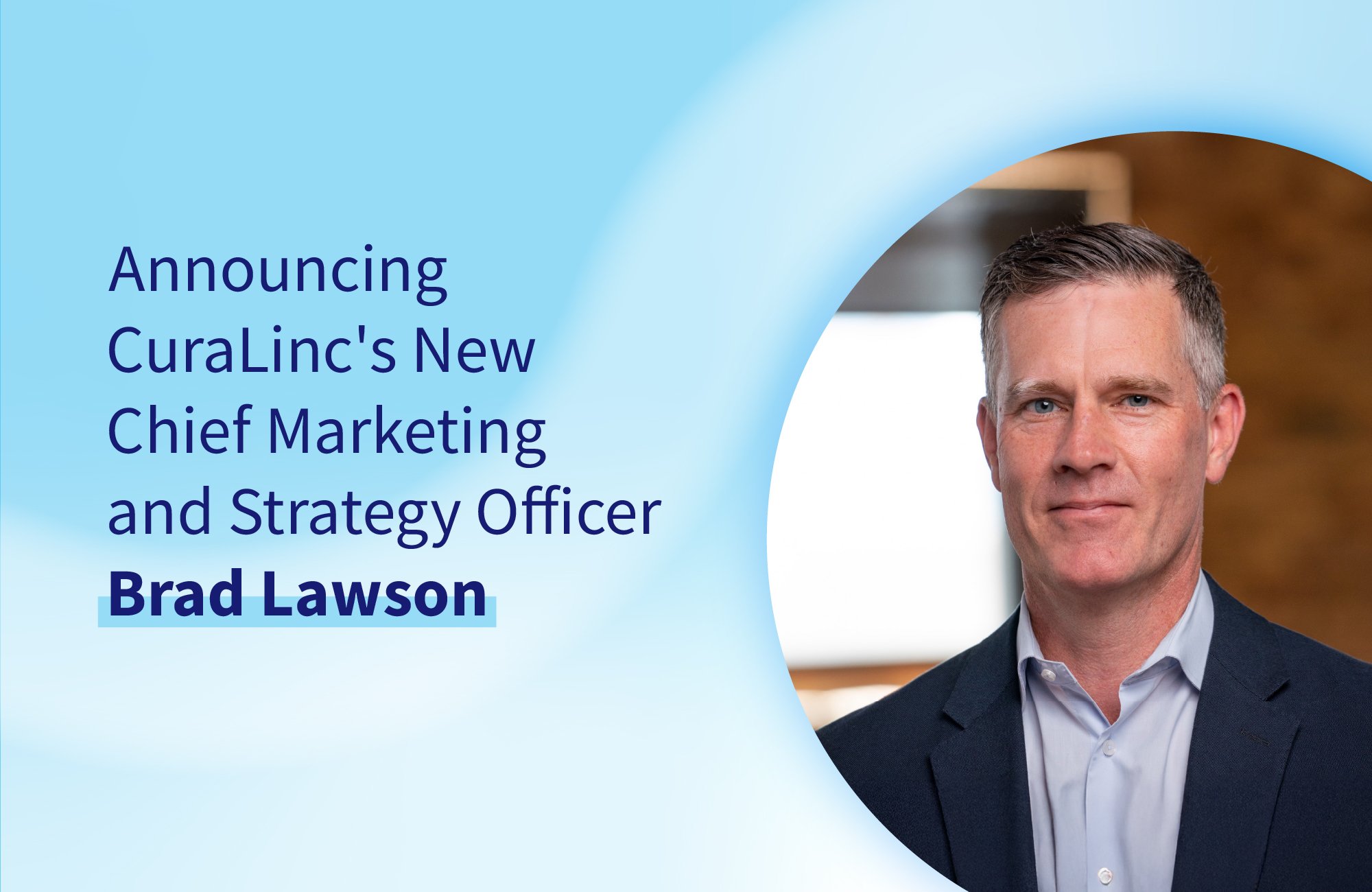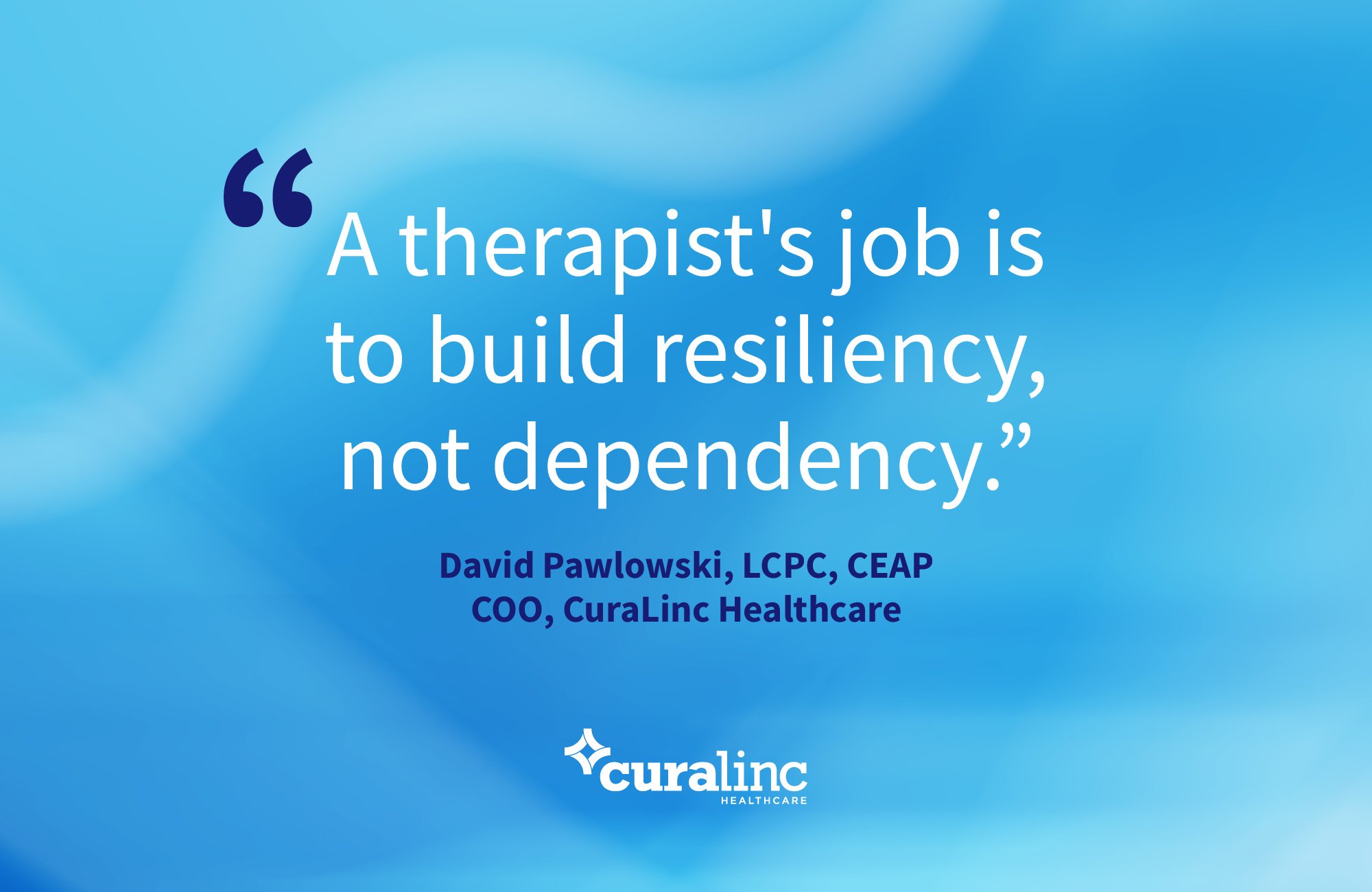With proper support and development, supervisors can positively influence employee engagement and wellbeing – leading to increased productivity and performance across an organization.
According to Gallup, having a great manager is nearly four times more important than an individual’s work location when it comes to their engagement and wellbeing. That’s right – even with the great debate around remote work vs. return-to-office, managers ultimately have the most impact on employee engagement and wellbeing.
But today’s managers are faced with tighter budgets, regular restructuring and adapting to new work environments – making it difficult to accomplish all that’s required of them while simultaneously supporting their people and working on their own leadership skills. In fact, only 48% of managers strongly agree that they currently have the skills needed to be exceptional at their jobs.
The right workplace mental health program can help managers and supervisors feel supported in multiple ways, including their own development. From personalized training and coaching to consultations and self-care resources, these programs provide managers with additional opportunities to gain the confidence and leadership skills necessary to best support their teams.
Did you know? Only one in three managers strongly agree they've had opportunities to learn and grow in the last year, while just 30% of managers strongly agree that someone at work encourages their development.
How managers impact employees and teams
Managers have a significant impact on employee engagement, which affects everything from retention and performance to employee wellbeing. These factors all play a role in important business outcomes, such as innovation, sustainability and growth. That’s why it’s essential for managers to have the time, opportunities and resources to continue developing skills that will serve them both personally and professionally.
Here are some of the top ways managers impact individual employees and the overall success of their teams.
Engagement
70% of a person’s engagement at work is attributable to the effectiveness of their manager.
First-time managers and those without formal leadership training may not instinctively possess – or know how to use – the skills necessary to keep employees engaged. Employee engagement involves coaching, recognition, open communication and active listening, among other things. Upskilling in these areas gives managers and supervisors more confidence to actively participate in increasing employee engagement.
Retention
Gallup panel data found that it takes a pay increase of around 20% to lure most employees away from managers who engage them.
Retaining top talent is great for business, and like engagement, managers play a key role in retention. That means managers who learn how to successfully engage employees can also help retain employees – reducing the amount of time and money spent on recruiting, onboarding and training new talent. In addition, when great employees are retained, they can help foster the same positive organizational culture as they move into leadership roles themselves.
Performance
Companies adopting continuous performance feedback significantly outperformed competition at a 24% higher rate.
A knowledgeable and experienced leader can make all the difference in an employee’s performance. The ability to provide honest feedback while practicing active listening and clear communication is essential to an employee’s growth and development. Unfortunately, recent studies have found that 69% of managers are often uncomfortable communicating with employees, and 37% feel uncomfortable having to give direct feedback if they believe an employee’s response might be negative. When employees don’t receive honest feedback, it’s difficult to improve their performance. But with the right feedback, employees can be confident they have a manager who supports their goals and wants to help them reach their full potential.
Wellbeing
Two-thirds of the reasons people left their jobs in 2021 were due to issues related to their engagement and overall wellbeing.
Wellbeing includes employees’ feelings about work-life balance, scheduling, flexibility and psychological safety, among other things. Knowing their voices and opinions have been heard is incredibly important to employees. In fact, employees whose manager is willing to listen to their work-related problems are 62% less likely to experience burnout. It’s important for managers to have the confidence and skills to be able to discuss wellbeing with employees and to recognize any changes related to wellbeing.
All the above factors can be greatly influenced by managers, which is why it’s so important that those in leadership roles feel supported in their own development. Convenient and personalized training doesn’t just benefit the managers who participate in it. It benefits their entire team and the organization as a whole.
Common supervisor skill gaps
Recent research from the Association for Talent Development found that 82 percent of employers report a skills gap – meaning there is a gap between what an organization is currently capable of and the skills that must exist in order for goals to be met. Skills gaps must be addressed if employers want to reach their highest potential.
Here are some of the most common skills gaps that exist among managers today.
Communication
Employees are 23% more likely to stay if their manager clearly explains their roles and responsibilities, and 97% of workers say communication impacts their task efficacy on a daily basis. Communication can’t be overlooked, but many managers need support and training to communicate more effectively – especially during times of rapid change or uncertainty. With the right guidance, managers and supervisors can learn the skills necessary to have open and honest conversations that help foster trust, increase engagement and improve employee wellbeing.
Conflict Management
70% of employees believe managing conflict is a critically important leadership skill. And 54% of employees believe managers could handle disputes more effectively by addressing underlying tensions immediately when they surface. Managing conflict in a timely and appropriate manner can be uncomfortable, but with the right skills, managers are more likely to feel confident in their ability to address issues effectively.
Planning, decision making and problem solving
A LinkedIn survey found that 68% of employees want a boss who can help problem-solve the challenges they face on the job and 41% said they value decisiveness. Planning, decision making and problem solving are all essential leadership skills. Together, they can help propel teams forward and ensure everyone is working towards the same goal. Managers who possess these skills are more prepared to tackle unexpected challenges and make strategic decisions. And employees can feel more confident knowing they’re being guided by a leader who is competent in these areas.
Developing strong teams and relationships
Research from McKinsey found that workplace relationships account for 39% of employees’ job satisfaction. Managers play an important role in helping their teams develop strong relationships. Those who know how to identify employee strengths can help improve productivity, teamwork and appreciation across their teams. Developing strong teams is an essential skill for managers, and additional training or support in this area can have far-reaching, long-term benefits.
Adapting to change
Studies have shown that 70% of employees choose their supervisors as their preferred senders of personal messages during change, which means leaders must know how to adapt and show confidence when changes arise.
4 ways a workplace mental health program can support supervisors
In today’s rapidly changing business environment, it’s clear that managers want and need support to achieve their full potential and to help their employees do the same. There are multiple ways a company can coordinate with their workplace mental health program to support the development of managers – helping them to gain the professional skills they need to confidently lead their teams.
1. Training and development
Many workplace mental health programs have training and development opportunities to help managers gain more confidence in their leadership skills and organizational knowledge. CuraLinc developed Supervisor Connect for this very reason. After completing a brief assessment, managers are provided with personalized support and coaching – all of which can be conveniently accessed on the digital platform or mobile app. Among participants, the top areas of development include critical thinking, priority management and conflict management. Offering personalized support for developing essential leadership skills helps eliminate potential barriers.
In addition, regular in-person or virtual group training for managers and supervisors can help ensure company leaders are taking an aligned approach to creating a culture that supports mental health and wellbeing in the workplace. Some of CuraLinc’s most popular trainings include:
Mental Health First Aid for Leaders
Motivate, Recognize and Energize Employees
Coaching for Improved Performance
Adaptive Leaderships: Lessons from Crisis and Change
Retaining Employees While Preventing Burnout
2. Management consultations
No matter how much training a manager or supervisor receives, it’s always helpful to discuss challenges with an experienced and trusted professional. Management consultations enable team leaders to discuss specific issues in real time. Management consultants provide expert guidance and support for managing difficult workplace situations and aiding employees in need.
Among CuraLinc clients, the most common topics for management consultations include employee suicidal ideation, employee mental health concerns, conflict resolution and managing difficult employees. Regardless of the topic, this additional layer of support ensures managers have a trusted ally when challenging situations arise. Consultations can take a great deal of stress and pressure off managers who are already faced with many responsibilities. Knowing they have other professionals to turn to for support can help eliminate common stressors and burnout.
3. Formal management referrals
Formal management referrals (FMR) offer another line of assistance when managers need it most. Both managers and human resources professionals can use FMRs to direct an employee to workplace mental health services if an employee has violated a workplace policy or exhibited behavior that negatively impacts their productivity or the workplace. A workplace mental health program can maintain contact with the manager or other professional, as well as the employee, until work performance has improved, and consultations are no longer needed. The most common presenting issues addressed with CuraLinc’s FMRs include positive drug or alcohol test, self-disclosure of substance use disorder, anger management or interpersonal issues and suicidal ideation or other mental health issues.
Like consultations, FMRs offer an additional layer of support for managers – providing peace of mind knowing they have a structured process to help them work through challenging issues and retain employees. They enable managers to continue to play a role in addressing challenging situations with employees while removing some of the pressure and responsibility typically required in these situations.
Only about 3% of CuraLinc’s EAP participants are formally referred to the employee assistance program by their employer, but they’re incredibly effective at reducing mental health and substance use risk, as well as improving productivity. In fact, a study of more than 41,986 CuraLinc’s FMR participants between January 2017 and March 2023 showed that:
The average participant reported a 56% increase in productivity after counseling
FMR participants missed 11.9 hours less work time after completing counseling
83% of those with an alcohol risk recovered after counseling to no longer have a risk
82% who initially presented with mental health risk experienced recovery and no longer faced this risk after counseling
4. Self-care resources
Formal training and development opportunities are important. But like any other employee, managers and supervisors should also be made aware of the many other mental health care options available to them, such as counseling, coaching and on-demand self-care resources .
Supervisors should know their mental health is a priority – not just their leadership skills and abilities. You can coordinate with your workplace mental health program manager to determine how to best promote the availability and use of these resources. And together, you can work on creating a culture that promotes mental health and wellbeing at all levels – regardless of job title.
To grow a sustainable and successful business, company leaders must be strategic and committed to the development of current and potential supervisors. They are the ones who will have the most impact on employee engagement – and in turn employee retention, performance and wellbeing. Working with your mental health benefits provider can help ensure managers and supervisors feel more confident, capable and supported.




